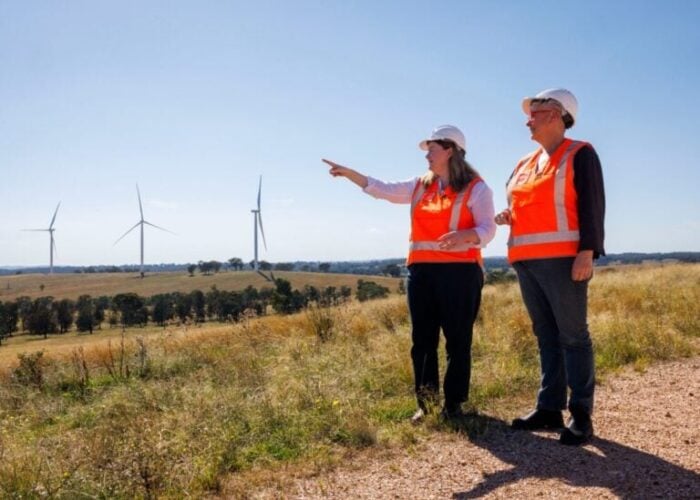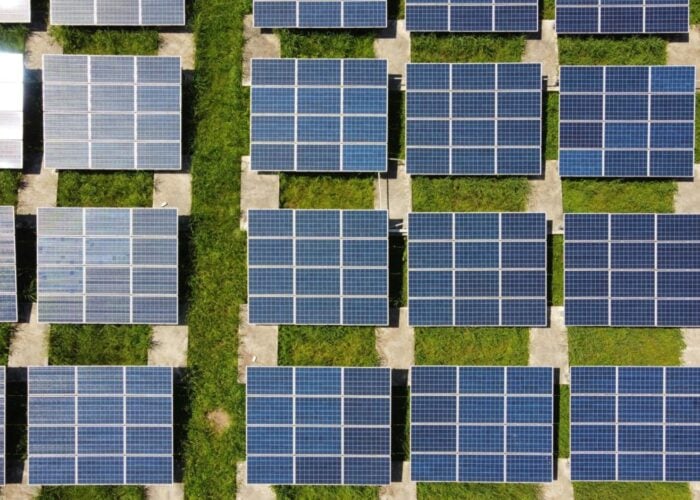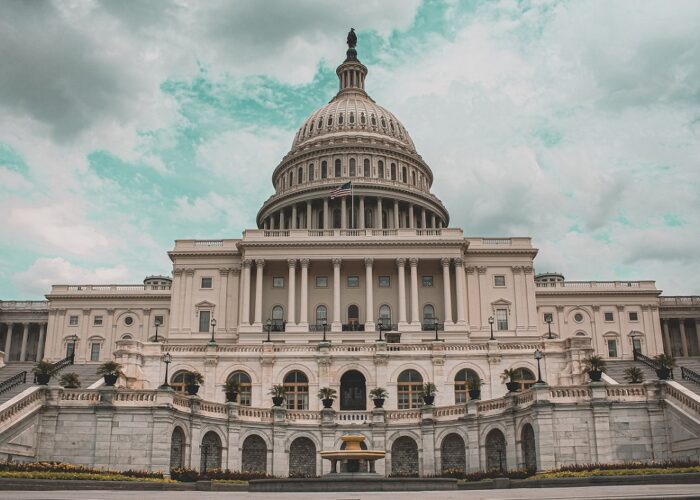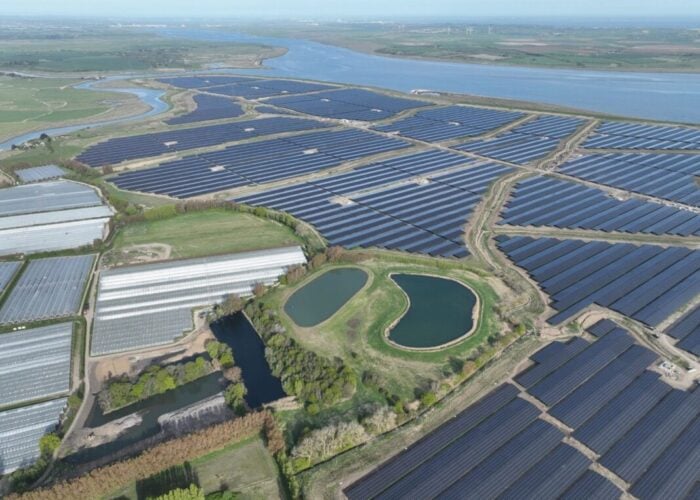Changes to Germany’s EEG energy policies and the introduction of new renewable energy auctions in the UK have won state aid approval from the EU.
The German government had been at loggerheads with the EU regarding exemptions from the EEG surcharge for heavy energy users and the possible exclusion of overseas power producers from receiving support. Renewable advocates pointed out that PV self-consumers could end up paying while large corporations enjoyed exemptions.
Unlock unlimited access for 12 whole months of distinctive global analysis
Photovoltaics International is now included.
- Regular insight and analysis of the industry’s biggest developments
- In-depth interviews with the industry’s leading figures
- Unlimited digital access to the PV Tech Power journal catalogue
- Unlimited digital access to the Photovoltaics International journal catalogue
- Access to more than 1,000 technical papers
- Discounts on Solar Media’s portfolio of events, in-person and virtual
“The EEG 2014 paves the way for more market integration of renewables. In the medium term this should lead to lower costs for consumers. Also, the progressive opening up of tenders to operators located in other member states is a very positive development for the internal energy market,” said Joaquín Almunia, commission vice president in charge of competition policy.
The UK’s policy transition for large-scale solar, which looks set to be accelerated, also received the nod. The contracts for difference (CfDs) scheme could replace the current renewable obligation programme from 1 April 2015 for solar farms over 5MW.
CfDs will require solar developers to bid for capacity against onshore wind farms. An agreed strike price will act as a cap on the price paid out should electricity costs increase. If the strike price is above the cost of electricity, developers will receive top-up payments to account for the difference. The result is 15-year predictable income.
The format is in line with the EU’s preference for a switch from feed-in tariffs to competitive support mechanisms.
“The UK contracts for difference encourage all renewable energy technologies producing electricity to compete against each other for support beyond 2016. It is a fine example of how to promote the decarbonisation of the economy with market-based support mechanisms, at the lowest possible cost for consumers,” said Almunia.
Despite the EU’s enthusiasm for the policy, industry groups remain concerned, particularly over the policy’s budget allocation for solar and the additional administrative burden it will place on smaller firms.
“The sheer complexity of the new policy mechanism disadvantages SMEs who are entering a game of three dimensional chess against multi-national utilities. DECC [the UK's Department of Energy and Climate Change] needs to do more, and quickly, to level the playing field for SMEs,” said Leonie Greene, head of external affairs at the UK’s Solar Trade Association.
“In particular, DECC should not restrict RO support for solar power – it is unfair that the solar industry is being uniquely exposed to the untried and unclear CfD mechanism without the benefit of a transition period from existing, trusted policies,” said Greene.
“The solar industry was on an impressive track to zero subsidy, but the Government needs to provide a level playing field and stable policy if this is to be achieved,” she added.







